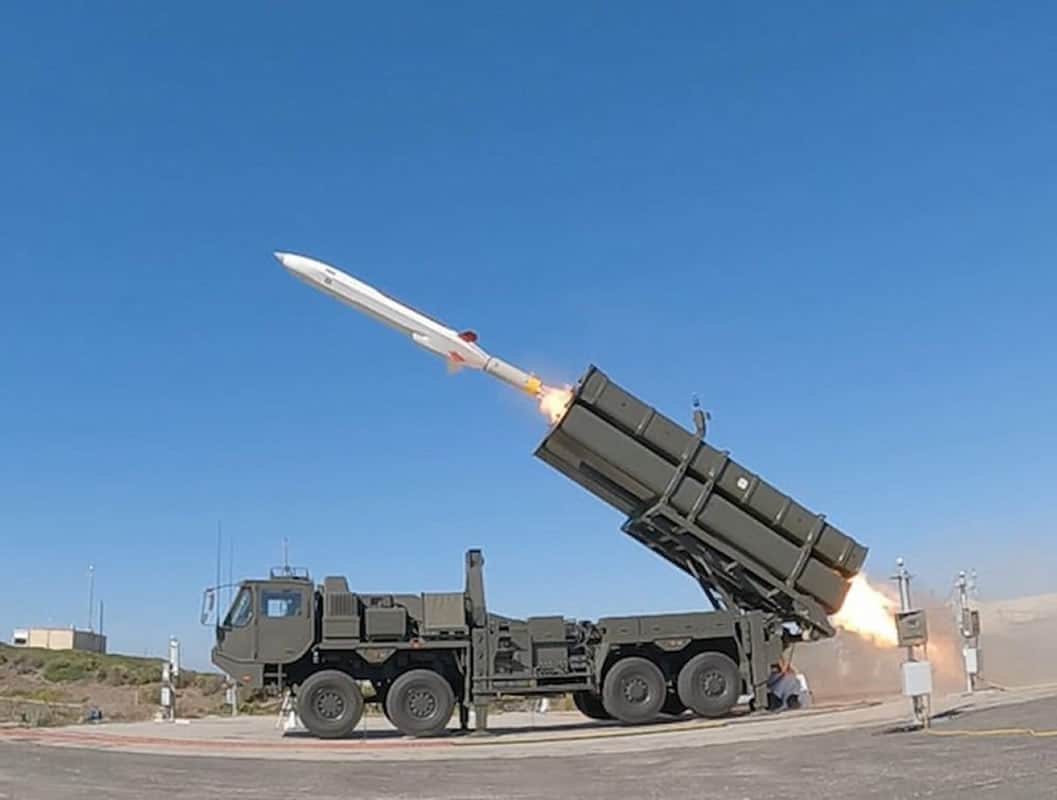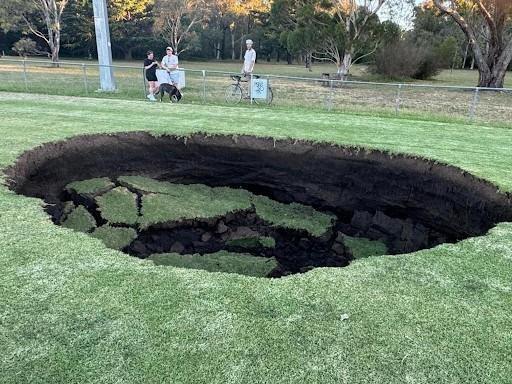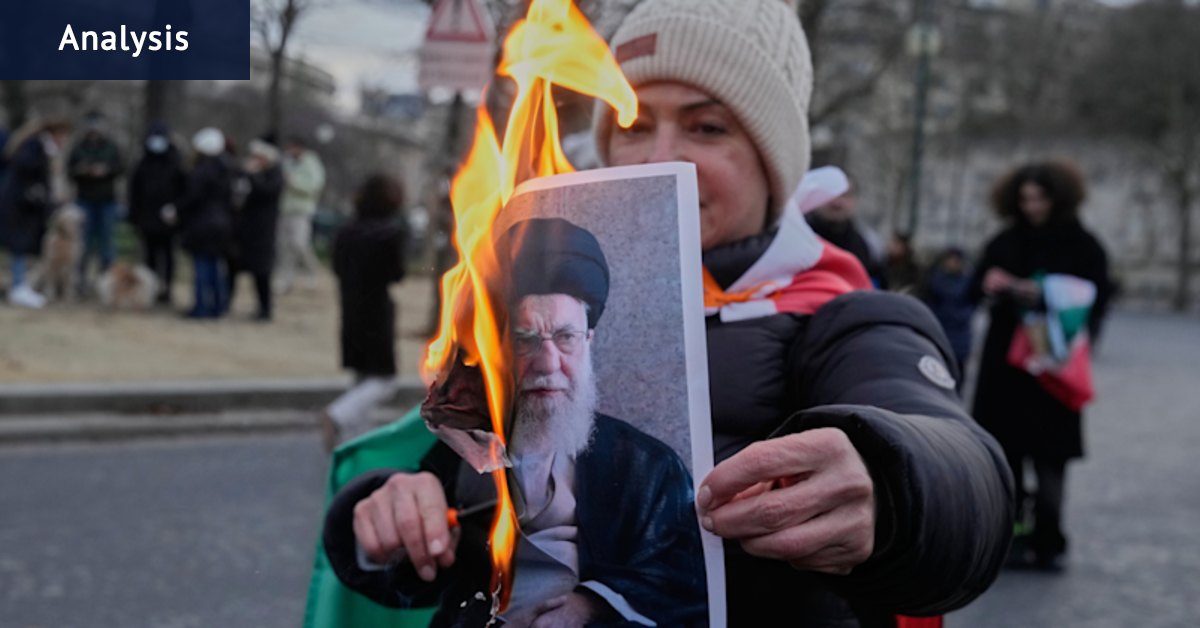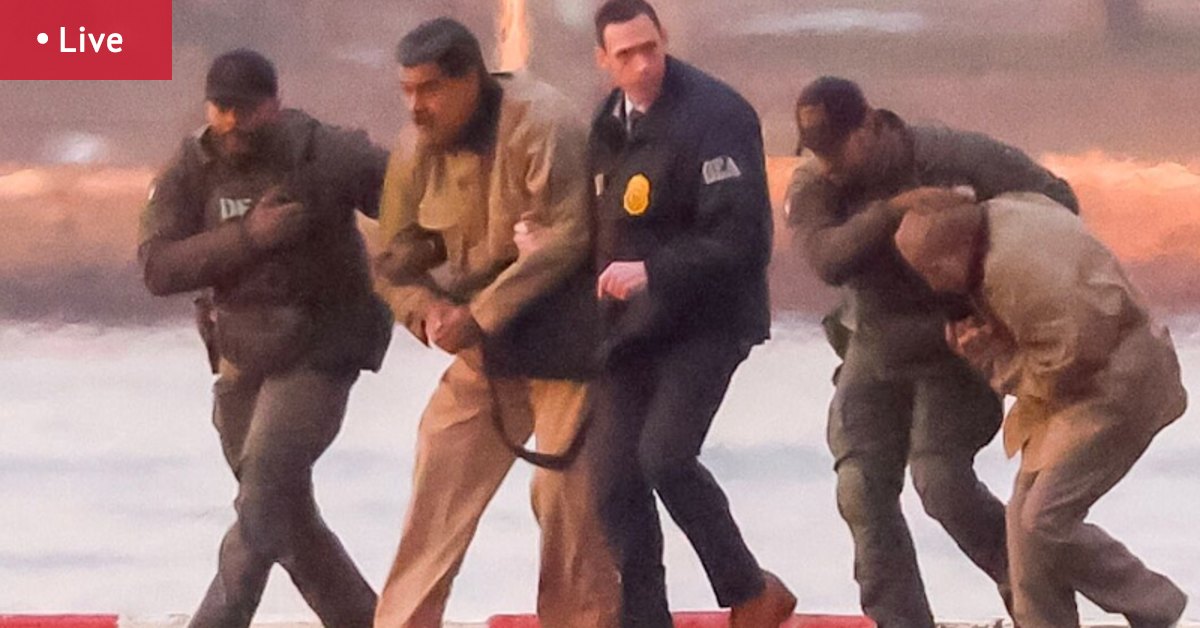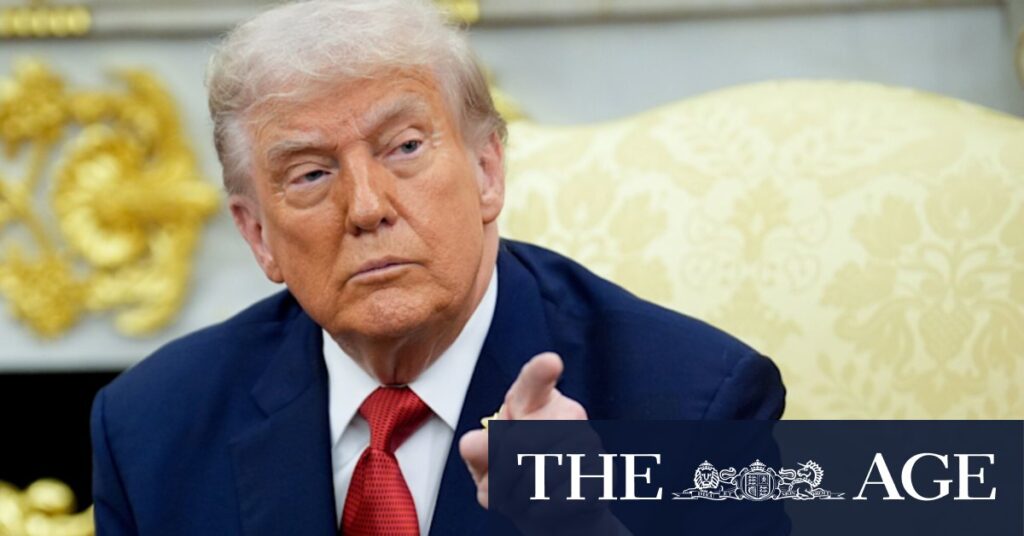
New York: Former US President Donald Trump has issued a stark warning against energizing right-wing activists, raising concerns about potential retaliatory attacks against left-wing groups. The warning comes as Trump blames progressives and Democrats for the latest act of political violence that has further divided the nation.
The incident in question occurred at an immigration detention center in Dallas, Texas, where a gunman opened fire, resulting in the death of a detainee and injuries to two others. The shooter, identified as 29-year-old Joshua Jahn, subsequently took his own life. Investigators revealed on Thursday (Friday AEST) that Jahn harbored a deep-seated animosity towards Immigration and Customs Enforcement (ICE) and had deliberately targeted ICE agents, though he did not intend to harm the detainees.
Details of the Attack and Investigation
Nancy Larson, the acting US attorney for the Northern District of Texas, described Jahn’s actions as “the very definition of terrorism.” She noted the tragic irony of the accidental harm to detainees at the facility. Larson further explained that Jahn’s notes, recovered from his home, depicted ICE employees as individuals “showing up to collect a dirty pay cheque” and expressed his desire to terrorize ICE employees and disrupt their operations, which he referred to as human trafficking.
“What he did is the very definition of terrorism,” said Nancy Larson.
FBI special agent Joe Rothrock disclosed that Jahn had legally acquired an 8-millimeter bolt action rifle in August and had meticulously planned the attack, including researching an office building at the facility. Officials believe Jahn acted alone, as a note found at his home stated, “Yes, it was just me.”
Earlier, FBI Director Kash Patel shared a photo on social media showing an unused bullet from the scene, marked with the words “ANTI-ICE,” further highlighting Jahn’s motives.
Political Reactions and Implications
The Dallas shooting is the latest in a series of attacks on ICE agents and facilities amid Trump’s stringent immigration policies, which have resulted in the detention and deportation of thousands of undocumented migrants. Several such incidents have occurred in Texas, a state at the forefront of immigration enforcement.
In response to the latest incident, Trump attributed the violence to “radical left rhetoric,” warning that such attacks would ultimately backfire on the left. Speaking from the Oval Office during a meeting with Turkish President Recep Tayyip Erdogan, Trump remarked, “They’re out of control … The radical left is causing this problem. Not the right, the radical left.”
“It’s going to get worse, and ultimately, it’s going to get back to them. Bad things happen when they play these games,” Trump stated.
Trump emphasized that he did not wish to see any escalation of violence, asserting that he was the president for all Americans. However, he cautioned that if the situation worsened, it could reach a point where others would no longer tolerate it, which would not bode well for the radical left.
Historical Context and Ongoing Tensions
This development follows the assassination of conservative activist Charlie Kirk at a university campus in Utah over two weeks ago. The accused, 22-year-old Tyler Robinson, reportedly expressed increasingly radical political views to family members and frequented extremist internet forums. The incident has intensified the national debate over politically motivated violence.
At a memorial for Kirk, attended by Trump, Vice President JD Vance, and senior administration officials, speakers highlighted the need for a reckoning over such violence. White House deputy chief of staff Stephen Miller warned that the administration would target activists and organizations inciting hatred against conservatives.
“You have no idea the dragon you have awakened. You have no idea how determined we will be to save this civilization, to save the West, to save this republic,” Miller declared.
As the nation grapples with these incidents, the potential for further political violence looms large. The interplay between rhetoric and action remains a critical concern, with both sides of the political spectrum calling for accountability and restraint.
Looking ahead, the focus will likely remain on addressing the root causes of such violence and finding common ground to prevent further escalation. The ongoing discourse will test the resilience of American democracy and its ability to navigate these turbulent times.
